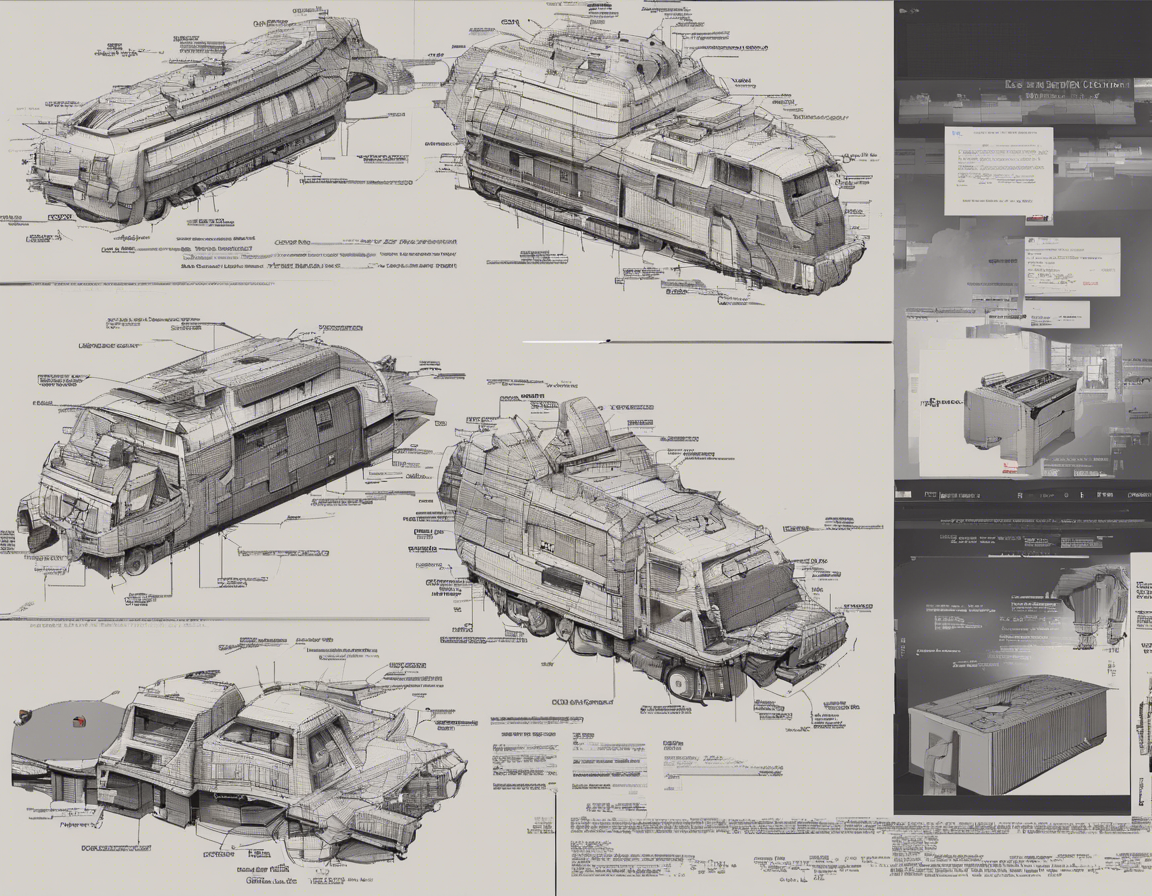As an expert blog post writer, I understand the importance of learning to program in the C language, especially for beginners. ‘Let Us C’ by Yashavant Kanetkar is a popular book that many aspiring programmers use to grasp the fundamentals of C programming. However, it’s important to note that downloading PDFs of copyrighted material for free without the author’s or publisher’s consent is illegal and unethical. As such, I will not be providing any links or instructions on how to download ‘Let Us C’ PDF for free.
Instead, I will focus on discussing the importance of learning C programming, the key concepts covered in ‘Let Us C’, and provide valuable insights for beginners looking to develop their skills in this language.
Understanding the Importance of Learning C Programming
C programming language is one of the most influential programming languages and serves as the foundation for other programming languages like C++, Java, and Python. It is highly regarded for its efficiency, control over hardware, and versatility, making it a valuable skill for aspiring programmers.
Learning C helps in understanding the basics of programming such as variables, data types, operators, control structures, and functions. It enhances problem-solving skills, logical thinking, and the ability to write efficient code. Moreover, C is used in various applications, including system programming, embedded systems, and game development.
Overview of ‘Let Us C’ by Yashavant Kanetkar
‘Let Us C’ is a widely recommended book for beginners looking to learn C programming. Authored by Yashavant Kanetkar, a renowned author in the field of programming books, it is well-structured and covers essential concepts in a simple and easy-to-understand manner.
The book starts with an introduction to C programming, explaining the basic concepts and principles. It gradually progresses to more advanced topics such as arrays, pointers, structures, and file handling. ‘Let Us C’ includes numerous examples, exercises, and programming challenges to provide hands-on experience to readers.
Key Concepts Covered in ‘Let Us C’
- Basics of C Programming: Understanding the structure of a C program, variables, data types, and operators.
- Control Statements: Learning about decision-making and looping structures in C.
- Functions: Defining functions, passing arguments, and returning values.
- Arrays and Pointers: Exploring arrays, multidimensional arrays, pointers, and their usage.
- Structures and Unions: Understanding structures, nested structures, unions, and their applications.
- File Handling: Reading from and writing to files, handling file operations in C.
Tips for Beginners Learning C Programming
- Practice Regularly: Programming is a skill that improves with practice. Write code regularly to reinforce your learning.
- Understand Concepts: Focus on understanding the fundamental concepts rather than memorizing syntax.
- Solve Problems: Attempt coding challenges and projects to apply your knowledge in real-world situations.
- Seek Help: Utilize online resources, forums, and tutorials to clarify doubts and learn new concepts.
- Debugging Skills: Learn to debug your code effectively to identify and fix errors.
Frequently Asked Questions (FAQs) on Learning C Programming
Q: Is C programming language still relevant in today’s tech industry?
A: Yes, C programming language is still widely used in operating systems, embedded systems, game development, and various applications, making it a valuable skill to have.
Q: How long does it take to learn C programming for beginners?
A: The time taken to learn C programming varies for each individual. With consistent practice and dedication, beginners can grasp the basics within a few weeks to a couple of months.
Q: Can I learn C programming on my own without any prior experience?
A: Yes, C programming can be self-taught. There are plenty of online resources, tutorials, and books like ‘Let Us C’ that can help beginners learn the language.
Q: What are some common challenges faced by beginners when learning C programming?
A: Beginners often face challenges with understanding pointers, memory management, and transitioning from high-level languages to C’s low-level approach. Practicing consistently and seeking help can overcome these challenges.
Q: How can I improve my programming skills in C beyond the basics?
A: To enhance your C programming skills, consider exploring advanced topics like data structures, algorithms, memory management, and design patterns. Additionally, work on coding projects and participate in coding competitions to apply your knowledge.
In conclusion, while resourceful materials like ‘Let Us C’ by Yashavant Kanetkar can aid in learning C programming, it is essential to abide by ethical practices when accessing study materials. Emphasize understanding concepts, regular practice, and hands-on experience to master C programming effectively. Stay curious, keep learning, and enjoy the journey of becoming a proficient C programmer.
